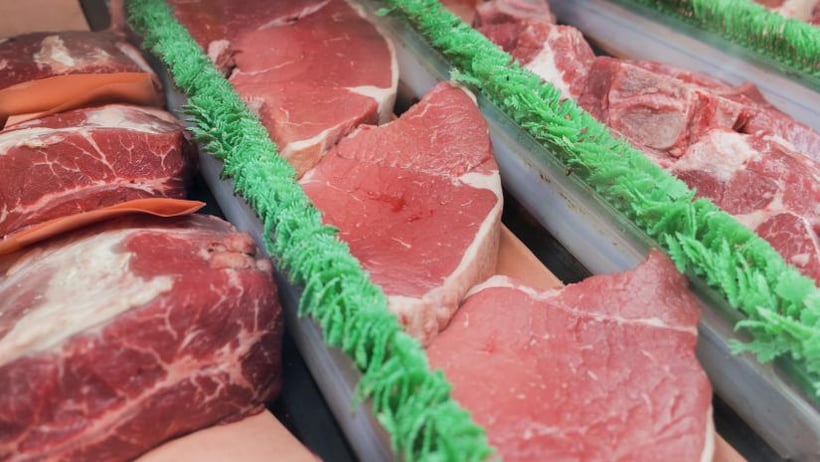
The Canadian Food Inspection Agency (CFIA) has cancelled the licences of three companies tied to numerous food recalls related to E. coli 0157:H7 in beef and veal products.
The recalls resulted in the removal of 927 products from Canadian stores, hotels, restaurants and institutions.
Toronto-based companies Ryding-Regency Meat Packers Ltd. and two companies operating under St. Ann's Foods Inc. — Canadian Select Meats Inc. and The Beef Boutique Ltd. — lost their Safe Food For Canadians licences “effective immediately”.
Stripped of their licences, these companies are no longer allowed to slaughter animals or prepare meat products for commercial sale or export and are essentially shut down.
Suspension and investigation
Prior to its cancellation, and in accordance with Canadian food safety laws and regulations — specifically Section 35 of the Safe Food for Canadians Regulations (SFCR) — the licence of Ryding-Regency Meat Packers Ltd. and the two other companies were suspended for non-compliances related to control measures.
A licence may be suspended if a risk of injury to human health may result if the licence holder continues to conduct its activities. During a licence suspension, licence holders may not conduct any activity that is identified in their licence.
The CFIA launched a food safety investigation into the three companies in September 2019, as soon as it became clear that some of their products were potentially contaminated.
The investigation determined that Ryding-Regency Meat Packers Ltd. had failed to implement effective control measures in accordance with Part 4 of the SFCR, and that all three companies failed to comply with Section 15 of the Safe Food for Canadians Act.
Section 15 of the Act prohibits making false or misleading statements; or providing false or misleading information to a person exercising duties under the Act in connection with the Act or the SFCR.
According to a CFIA press release, the agency had received "false or misleading information" during lab results that identified E. coli contamination from all three companies, which was grounds for cancellation of their licences under section 39 of the SFCR.
E. coli 0157:H7
E. coli 0157:H7 is a very dangerous strain of Shiga-toxin producing bacteria. Shiga is a potent bacterial toxin that can damage the lining of the intestine and cause life-threatening conditions such as:
- kidney failure
- blood disorders
E. coli 0157:H7 is especially dangerous for vulnerable populations like young children, pregnant women, the elderly and the sick because their immune systems are generally underdeveloped or weaker than the general population.
Prevention of E. coli 0157:H7
There is no vaccine or medication that can protect against E. coli 0157:H7 or other dangerous strains of E. coli bacteria.
To protect consumers, particularly high-risk individuals in vulnerable groups, it is extremely important that Food Handlers know how to safely store, handle and prepare high-risk foods like beef and poultry to prevent food poisoning.
Food safety training is essential to ensuring food safety in any food premises. All Food Handlers should be trained in:
- time and temperature control of hazardous foods
- safe cooking temperatures
- safe food storage and handling
- cleaning and sanitizing methods
- good hygiene
Food safety training is mandatory and regulated in most provinces and territories in Canada; the majority of food premises must have at least one employee with nationally recognized and food-safe equivalent food handling certification present in the business during all hours of operation.
To learn more about food safety training, contact the Canadian Institute of Food Safety.





